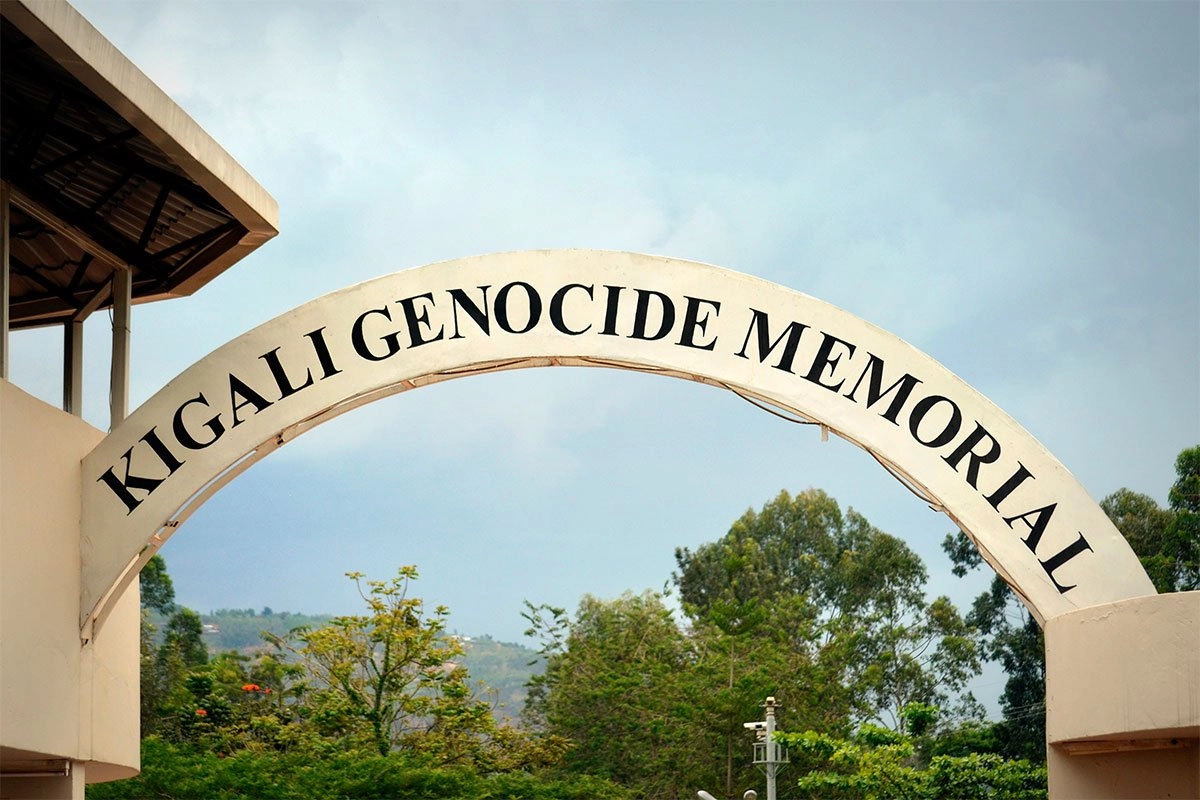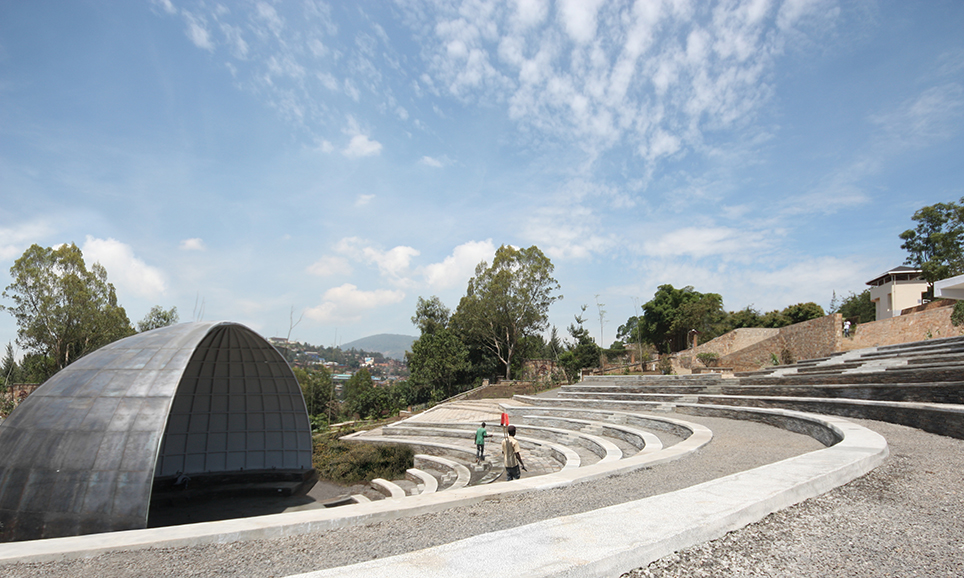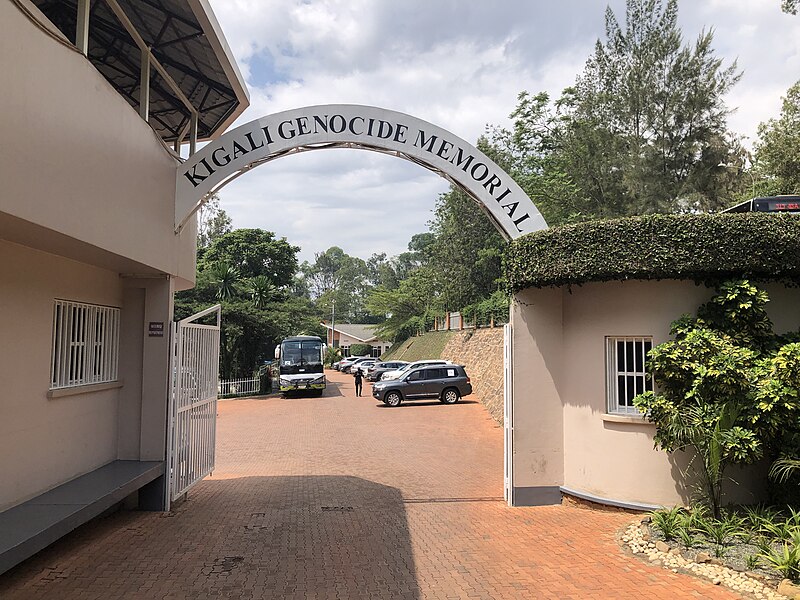The Kigali Genocide Memorial stands as a poignant reminder of Rwanda’s tragic past and a symbol of hope for a peaceful future. Located in the heart of Kigali, the capital city, this memorial serves as a place of remembrance for the victims of the 1994 Genocide against the Tutsi. It offers visitors a chance to reflect on the atrocities, learn about the history, and pay respects to those who lost their lives. Join Universal Africa Safaris as we explore the significance of the Kigali Genocide Memorial and its role in Rwanda’s journey toward healing and reconciliation.
The Historical Context
The 1994 Genocide Against the Tutsi
In 1994, Rwanda experienced one of the most horrific genocides in modern history. Over the course of 100 days, an estimated 1,000,000 Tutsi and moderate Hutu were systematically killed by extremist Hutu forces. The genocide left a deep scar on the nation, affecting nearly every Rwandan family and community.
The Aftermath and Rebuilding
In the aftermath of the genocide, Rwanda faced the daunting task of rebuilding a nation shattered by violence. Efforts to promote justice, reconciliation, and development have been central to the country’s recovery. The establishment of the Kigali Genocide Memorial in 2004 marked a significant step in this process, providing a space for mourning and education.

Visiting the Kigali Genocide Memorial
A Place of Remembrance
The Kigali Genocide Memorial is both a cemetery and a museum. It is the final resting place for over 250,000 victims of the genocide. The serene and respectfully maintained grounds offer a place for survivors and visitors to pay their respects.
The Museum Experience
The museum at the Kigali Genocide Memorial provides a comprehensive and moving account of the events leading up to, during, and after the genocide. Through a series of exhibits, photographs, videos, and personal testimonies, visitors gain a deeper understanding of the atrocities and the resilience of the Rwandan people.
Key Exhibits
- The History of Rwanda: This section covers Rwanda’s history, from pre-colonial times to the colonial era and the events leading up to the genocide.
- The Genocide: This powerful exhibit details the systematic nature of the genocide, including the roles of propaganda, hate speech, and the international community’s response.
- Children’s Room: A heart-wrenching tribute to the youngest victims, highlighting their dreams and the innocence lost.
- Wider Genocides: An exhibit that contextualizes the Rwandan genocide within the broader scope of genocides worldwide, promoting a message of “Never Again.”
Reflective Gardens
The memorial’s gardens provide a peaceful space for reflection. The beautifully landscaped grounds include mass graves, a Wall of Names honoring the victims, and a Flame of Hope, symbolizing the resilience and unity of the Rwandan people.

The Role of the Memorial in Healing and Education
Promoting Reconciliation
The Kigali Genocide Memorial plays a crucial role in Rwanda’s reconciliation efforts. By providing a space for remembrance and reflection, it helps foster a sense of national unity and healing. The memorial also serves as a platform for dialogue and education, promoting understanding and preventing future atrocities.
Educational Programs
The memorial offers a range of educational programs aimed at teaching future generations about the genocide and the importance of tolerance and human rights. School visits, workshops, and community outreach programs are integral to the memorial’s mission of educating both Rwandans and international visitors.
Planning Your Visit
Location and Accessibility
The Kigali Genocide Memorial is located in Gisozi, a suburb of Kigali, just a short drive from the city center. It is easily accessible by car or public transportation.
Opening Hours and Admission
The memorial is open daily from 8:00 AM to 5:00 PM, with the last entry at 4:00 PM. It is closed on public holidays. Admission is free, but donations are encouraged to support the memorial’s ongoing work.
Guided Tours
Guided tours are available and highly recommended for a more in-depth understanding of the exhibits and the history they represent. Knowledgeable guides provide valuable insights and context, enhancing the overall experience.
Visitor Guidelines
- Respectful Conduct: Visitors are asked to behave respectfully and maintain a quiet demeanor, especially in the burial areas.
- Photography: Photography is allowed in most areas of the memorial, but visitors are asked to be discreet and respectful.
- Appropriate Attire: Dress modestly in consideration of the memorial’s somber nature.

Conclusion
The Kigali Genocide Memorial is a powerful testament to the resilience and spirit of the Rwandan people. It stands as a place of remembrance for the victims, a site of reflection for visitors, and a beacon of hope for the future. By visiting the memorial with Universal Africa Safaris, you not only honor the memory of those lost but also support the ongoing efforts to promote peace, education, and reconciliation. As you explore the memorial and learn about Rwanda’s past, you will be moved by the stories of survival, the strength of the human spirit, and the commitment to ensuring that such atrocities are never repeated. Join us in paying tribute to the victims and in supporting the vision of a united and peaceful Rwanda.
